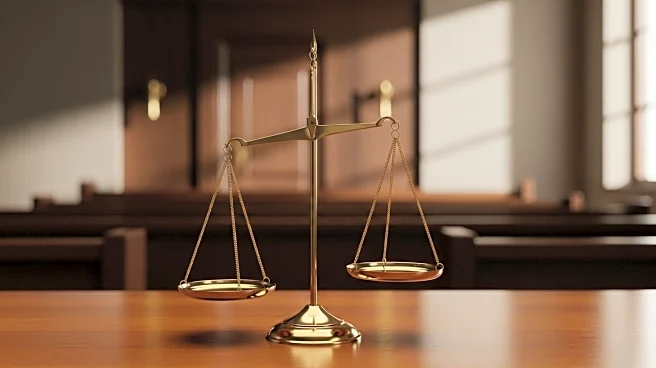What's Happening?
The Supreme Court, led by Chief Justice John Roberts, has permitted the Trump administration to continue a partial freeze on foreign assistance funding. This decision affects approximately $4 billion in foreign aid approved by Congress, which President Trump seeks to reclaim. The aid is set to expire at the end of the fiscal year if not obligated by the State Department and the US Agency for International Development. The legal dispute centers on whether the executive branch can refuse to spend money appropriated by Congress, with nonprofits and businesses challenging the administration's actions.
Why It's Important?
The partial freeze on foreign aid has significant implications for U.S. foreign policy and international relations. The administration's move to claw back funds could impact global aid programs and diplomatic efforts. The legal battle raises questions about the separation of powers and the executive branch's authority to alter congressional appropriations. The decision could set a precedent for future executive actions regarding budgetary control and foreign aid distribution.
What's Next?
The Supreme Court's temporary order will remain in effect until further decisions are made. Nonprofits and businesses involved in the lawsuit must file briefs by September 12. The administration's strategy to run out the fiscal year and cut funds if Congress does not act is under scrutiny. The outcome of this legal dispute will influence the administration's ability to implement its foreign policy agenda and manage international aid.
Beyond the Headlines
The case highlights the tension between the executive and legislative branches over budgetary control. The administration's approach, known as 'pocket rescission,' tests the limits of executive power in fiscal matters. The broader implications for U.S. foreign policy and international aid commitments are significant, potentially affecting global perceptions of U.S. leadership and reliability.








